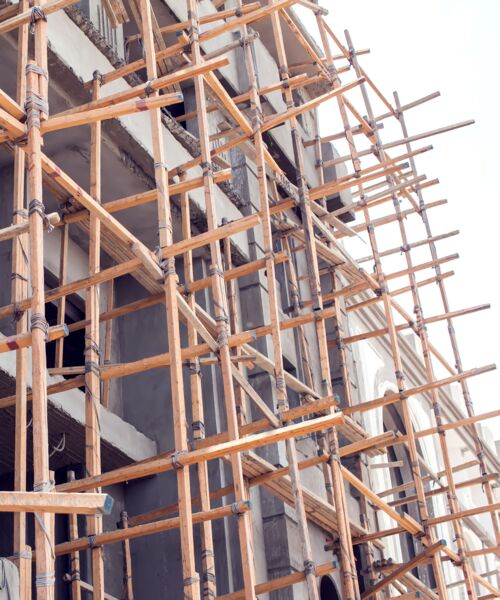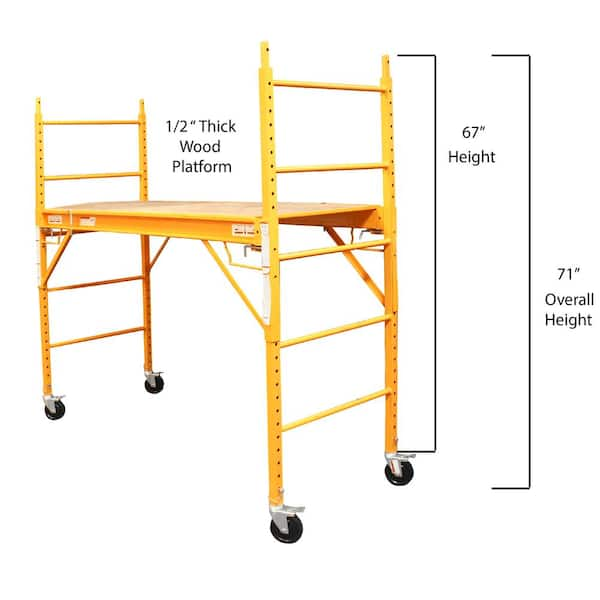Discover Leading Scaffolding Near Me for Your Home or Business Needs
Wiki Article
Discovering the Various Kinds Of Scaffolding Used in Building And Construction Tasks
The building market relies greatly on different types of scaffolding to meet details task requirements, each offering distinctive benefits and applications. Conventional structure scaffolding supplies a durable structure for basic jobs, while suspended scaffolding is necessary for work with skyscraper structures. Various other options, such as system and rolling scaffolding, satisfy effectiveness and wheelchair, specifically. Moreover, the cantilever alternative verifies very useful in metropolitan settings where area is constricted. Understanding the nuances of these scaffolding kinds is vital for enhancing safety and performance on building and construction sites, motivating a closer evaluation of their one-of-a-kind qualities and applications.
Typical Frame Scaffolding
Typical frame scaffolding is among one of the most extensively utilized techniques in the construction industry as a result of its robustness and adaptability. This system contains straight and vertical structures that are constructed to produce a stable platform for employees and materials. The primary components consist of vertical articles, horizontal journals, and angled braces, which with each other supply a solid framework that can support substantial loads.One of the vital advantages of traditional framework scaffolding is its flexibility to various building and construction projects, ranging from household buildings to large business structures. The modular design permits very easy assembly and disassembly, making it efficient for both lasting and temporary projects. Furthermore, the system can be personalized in elevation and width, fitting various structure layouts and website problems.
Safety and security is critical in scaffolding applications, and standard structure systems are geared up with guardrails and toe boards to avoid drops and make sure employee security. Moreover, normal examinations and adherence to safety and security regulations are essential in maintaining the integrity of the scaffold. Generally, standard framework scaffolding continues to be a basic selection in the building market, providing a dependable platform for labor and boosting general job efficiency

Suspended Scaffolding
Suspended scaffolding supplies a special service for construction tasks that need access to raised surface areas, particularly in scenarios where typical framework scaffolding may be impractical. This sort of scaffolding is commonly put on hold from the roofing system or upper degrees of a structure, using a system of ropes, platforms, and pulleys to produce a working space that can be gotten used to numerous heights.Among the key advantages of put on hold scaffolding is its flexibility. It can be conveniently rearranged or lowered to fit adjustments in building requirements, making it perfect for jobs such as home window setup, frontage job, and upkeep on skyscraper structures. In addition, the minimal footprint of suspended scaffolding enables far better use ground space in metropolitan settings, where room is often restricted.
Security is a crucial factor to consider in the usage of suspended scaffolding. Overall, put on hold scaffolding gives a effective and efficient solution for accessing hard-to-reach locations in different building scenarios, enhancing both performance scaffold bridge and security on site.
System Scaffolding
System scaffolding, typically pertained to as a modern-day option in the scaffolding market, includes pre-engineered elements that can be page rapidly assembled and adjusted for various building and construction jobs. Scaffolding. This sort of scaffolding is identified by its modular style, which permits versatility and effectiveness on task sites, suiting various elevations and structural demandsNormally made from high-strength steel or aluminum, system scaffolding offers enhanced resilience and stability. The components include vertical blog posts, horizontal ledgers, and diagonal dental braces, which adjoin firmly, guaranteeing a durable framework. The layout often incorporates standardized installations, simplifying assembly and disassembly processes, therefore minimizing labor time and costs.

Rolling Scaffolding
Moving scaffolding is a versatile choice to typical fixed scaffolding, designed for flexibility and convenience of use on construction websites. This kind of scaffolding includes a platform sustained by frameworks with wheels, allowing employees to easily relocate it as required. The mobility attribute dramatically improves productivity, as it lessens downtime connected with disassembling and constructing taken care of scaffolding.Commonly built from lightweight products such as aluminum or steel, rolling scaffolding uses a durable yet mobile service for tasks needing frequent repositioning - Scaffolding. It is specifically helpful in tasks such as paint, drywall installation, and electric work, where accessibility to various heights and areas is needed
Safety is critical in rolling scaffolding layout, with features such as locking wheels to stop unintentional activity when in operation, and guardrails to secure workers from falls. Furthermore, several models are flexible in elevation, suiting various job requirements.
Cantilever Scaffolding

The style of cantilever scaffolding usually involves making use of braces or arms anchored to a structure or structure, making it possible for the system to extend exterior safely. Safety is vital; thus, these scaffolds have to be engineered to hold up against different loads and ecological conditions. Normal evaluation and upkeep are necessary to guarantee architectural stability and employee safety.
Cantilever scaffolding is preferred for its flexibility and reliable usage of room, making it a prominent selection in urban atmospheres where room restrictions prevail. Furthermore, it assists in easier accessibility to high altitudes, ultimately contributing to the total efficiency of building jobs. Just like all scaffolding kinds, proper training and adherence to security requirements are critical for workers using cantilever scaffolding.
Final Thought
In verdict, the diverse sorts of scaffolding utilized in building jobs each serve unique functions customized to details website requirements. Conventional framework scaffolding supplies security, while put on hold scaffolding supplies convenience for elevated tasks. System scaffolding facilitates quick assembly, and rolling scaffolding enhances mobility for varying workplace. Cantilever scaffolding successfully attends to obstacles in urban settings. Recognizing these scaffolding types is vital for enhancing security and productivity in construction, ultimately adding to the effective completion of projects.Conventional frame scaffolding gives a strong foundation for general jobs, while suspended scaffolding is essential for job on high-rise structures.Moving scaffolding is a flexible alternative to typical fixed scaffolding, designed for flexibility and simplicity of use on building and construction sites. As with all scaffolding kinds, appropriate training and adherence to safety criteria are vital for employees using cantilever scaffolding.
Conventional structure scaffolding supplies security, while put on hold scaffolding provides convenience for elevated jobs. System scaffolding helps with fast assembly, and rolling scaffolding improves flexibility for varying job atmospheres.
Report this wiki page